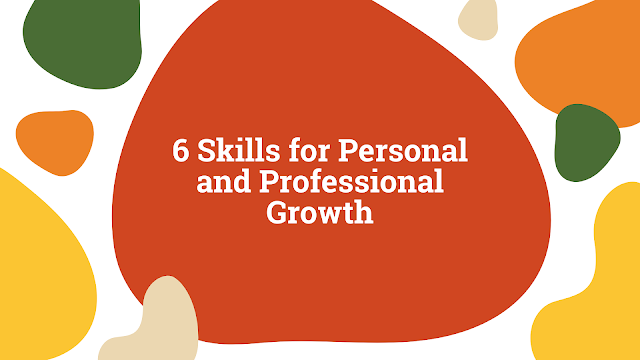Job perks can be an excellent way to make a job offer more attractive to potential candidates. Whether it's flexible working hours, increased vacation time, or other benefits, these perks can make a significant difference in an employee's job satisfaction and overall quality of life. If you're negotiating a job offer, it's important to consider the benefits and perks that are most important to you and to be prepared to negotiate for them. Here are eight ways to negotiate for job perks:
Do your research
Before you begin negotiating for job perks, it's important to do your research. This means researching the company, the industry, and the market to get an idea of what perks and benefits are common and expected. You can also research the specific job title you're being offered to see what perks and benefits are typically offered for that role.
Know your priorities
Once you've done your research, it's time to identify your priorities. What perks and benefits are most important to you? Is it flexible working hours, increased vacation time, or something else? Knowing your priorities will help you focus your negotiations and make sure you're advocating for the perks that matter most to you.
Be clear about your value
When negotiating for job perks, it's important to be clear about your value as an employee. You want to make sure that the company understands what you bring to the table and why you're worth investing in. Highlighting your skills, experience, and achievements can help demonstrate your value and make a compelling case for the perks you're requesting.
Be confident but flexible
Negotiating for job perks can be intimidating, but it's important to be confident and assertive. At the same time, it's important to be flexible and willing to compromise. You may not be able to get everything you want, so it's important to be open to different options and to be willing to negotiate to find a solution that works for both you and the company.
Consider the company's needs
When negotiating for job perks, it's important to consider the company's needs as well. You want to make sure that the perks you're requesting are reasonable and feasible for the company to provide. Understanding the company's perspective can help you make a stronger case for the perks you're requesting and can help you negotiate more effectively.
Be prepared to offer something in return
Negotiating for job perks is a two-way street. If you're asking for something, you should be prepared to offer something in return. This could be agreeing to work longer hours or taking on additional responsibilities, for example. Being willing to compromise and give something back can make it easier to negotiate for the perks you're requesting.
Consider non-traditional perks
When negotiating for job perks, it's important to think outside the box. Non-traditional perks can be just as valuable as traditional ones, and they may be easier for the company to provide. For example, you could negotiate for a more relaxed dress code, a flexible work schedule, or the ability to work from home a few days a week.
Get everything in writing
Once you've negotiated for job perks and reached an agreement with the company, it's important to get everything in writing. This includes any perks or benefits you've negotiated, as well as any other terms of employment. Having everything in writing can help avoid misunderstandings and ensure that both you and the company are on the same page.
Negotiating for job perks can be a challenging but rewarding process. By doing your research, identifying your priorities, and being clear about your value as an employee, you can make a compelling case for the perks you're requesting. Being confident and flexible, considering the company's needs, and being prepared to offer something in return can help you




